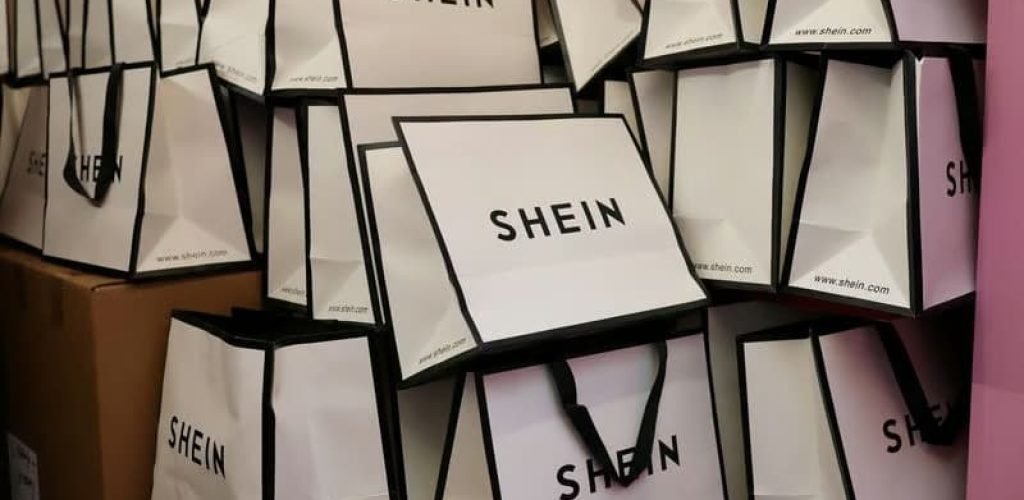The fast-fashion powerhouse Shein is entering a pivotal phase of its global rise. Mounting regulatory fines across Europe are forcing the company to tighten internal controls and rethink how it operates worldwide.
Founded in China and now headquartered in Singapore, Shein has become one of the most dominant players in online retail. Its ultra-fast model—producing thousands of new garments daily and shipping to more than 150 countries—has transformed how people consume fashion. Yet, the same speed that fueled its success is now drawing heavy scrutiny.
Record Fines Trigger a Reckoning
In just three months, Shein has been hit with over €190 million in penalties, according to Reuters. French authorities alone imposed €150 million for data-privacy breaches, plus another €40 million from the country’s antitrust agency for misleading discounts. Italy’s consumer watchdog added a €1 million fine for greenwashing claims.
An ongoing EU investigation may lead to further sanctions if some products are found to violate safety standards.
A Shift in Tone from the Top
Executive Chairman Donald Tang responded with a sweeping internal overhaul designed to restore confidence among investors and regulators.
In a recent letter to shareholders, Tang announced the creation of a Business Integrity Group that unites compliance, governance, and public-affairs teams. The company is also expanding its internal audit function and recruiting governance and risk specialists, with several new roles posted in Los Angeles.
The move represents a marked change for Shein, which until recently prioritized explosive growth over transparency. As the retailer edges closer to a long-anticipated public listing, it faces rising pressure to show that its disruptive agility can coexist with responsible corporate conduct.
OECD Report Adds to the Pressure
Last month, a report by a French branch of the OECD concluded that Shein had failed to comply with international standards for responsible business conduct, citing limited transparency around its ownership and finances.
Shein disputed the findings, claiming the probe “did not reflect the neutral mediation process intended by the OECD framework.” Still, the episode amplified calls for clearer disclosure from one of the most opaque companies in fast fashion.
Market Headwinds and Strategic Reset
The governance shake-up comes at a delicate time. The removal of duty-free exemptions for low-value online imports in the United States—Shein’s largest market—has cut into profits, prompting the brand to raise prices for the first time in years.
Analysts say the slowdown is testing Shein’s ability to evolve from a hyper-growth disruptor into a mature, publicly accountable enterprise.
The Balancing Act Ahead
With greater global visibility come greater risks. Tang has acknowledged “growing challenges” linked to tariffs, political scrutiny, and shifting regulatory frameworks in Western markets.
For a company built on speed and scale, the coming year will test whether Shein can maintain its momentum while convincing both regulators and consumers that it can operate with integrity.






